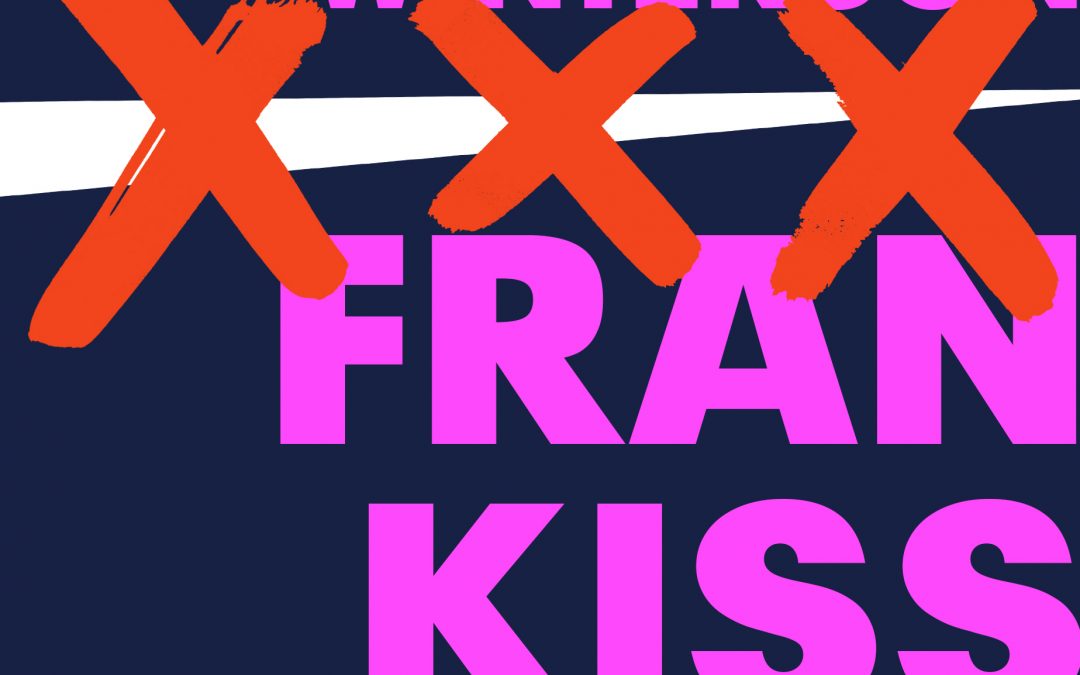Jeanette Winterson’s latest novel Frankissstein: a love story (Jonathan Cape Penguin Random House 2019) is a wild ride, a fantastical hybrid that combines historical fiction with futuristic speculative fiction to address some big issues. Philosophy, feminism, artificial intelligence, sexuality, gender issues, capitalism, cryogenics … and all revolving around the central moral and ethical questions of our time.
Part of the book is set in 1816, when a young Mary Shelley writes a story about creating a non-biological life-form. This narrative weaves in and out of the entire book, as we are introduced to Mary and her stepsister Claire Clairmont, who are respectively partnered with the poets Shelley and Byron. Along with Byron’s physician, Polidori, the group travel and work and write and create art, all the while contemplating the meaning of life. This narrative thread was the most enjoyable for me, and the most satisfying. But alongside this story, we meet a young transgender doctor, Ry, living in Brexit Britain, who falls in love – against their better judgment – with Victor Stein, a famous professor and leading educator in artificial intelligence. Another of the main characters, Ron Lord, is in the midst of developing sex-bots that will fulfil the desires of lonely people the world over, despite the fact that he still lives with his mum. The ethical questions around the usefulness of these bots – particularly for men who might otherwise rape women or abuse children – is a strong theme. And then there is the cryogenics facility in Arizona which houses the bodies of dozens of legally dead people hoping to be returned to life, the legions of body parts being used for experiments, and the brains stored (sensibly) in their own heads while waiting for medical technology to invent a way to restore sentient function, either with or without a biological body.
If you enjoyed Krissy Kneen’s An Uncertain Grace, this book will appeal. Winterson explores the doubleness of transgender people and the issues around body and gender choice; the future of artificial intelligence and the fears and hopes it ignites; the moral debate about using AI sex-bots as a substitute for socially unacceptable human desires; and tethering it all together, the perspective of Mary Shelley in the early 1800’s, and the sorts of questions she and her crowd may have pondered and debated even then.
This book will certainly not be for everyone. But if you’re interested in technology, sex, gender, and life versus death, this story combines all of these into a fascinating, imaginative and explosive adventure of WHAT IF.

